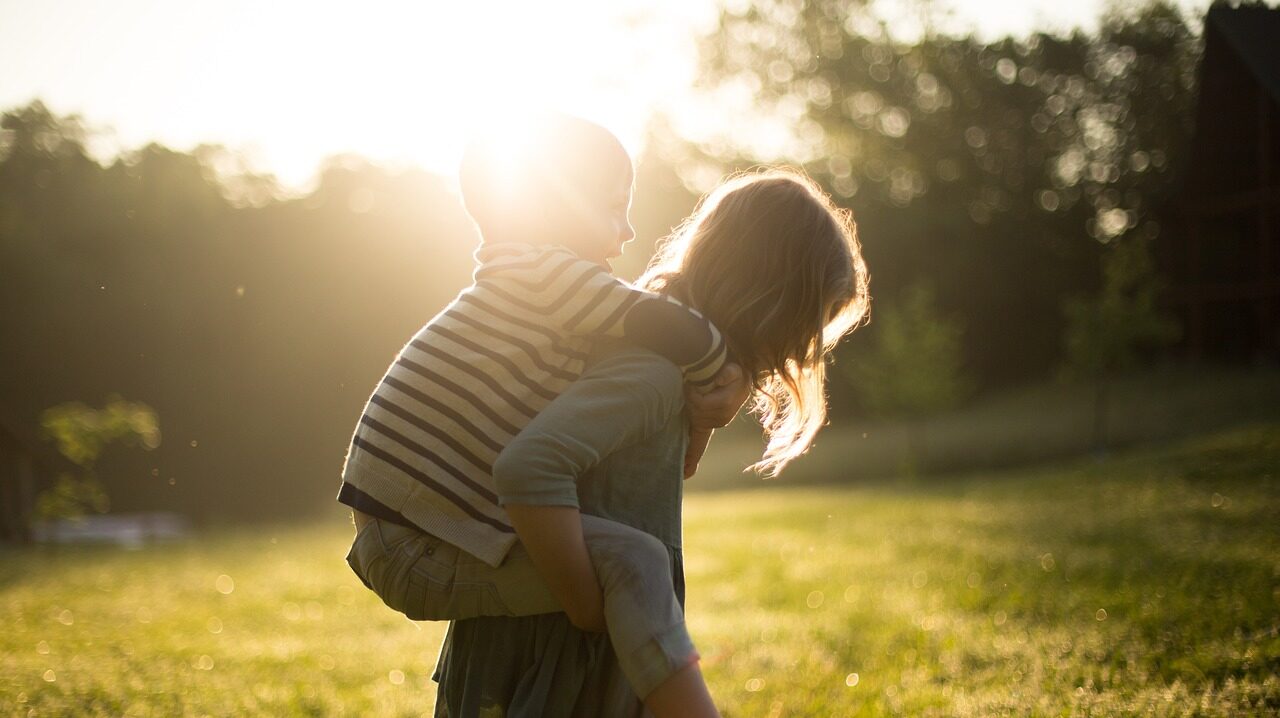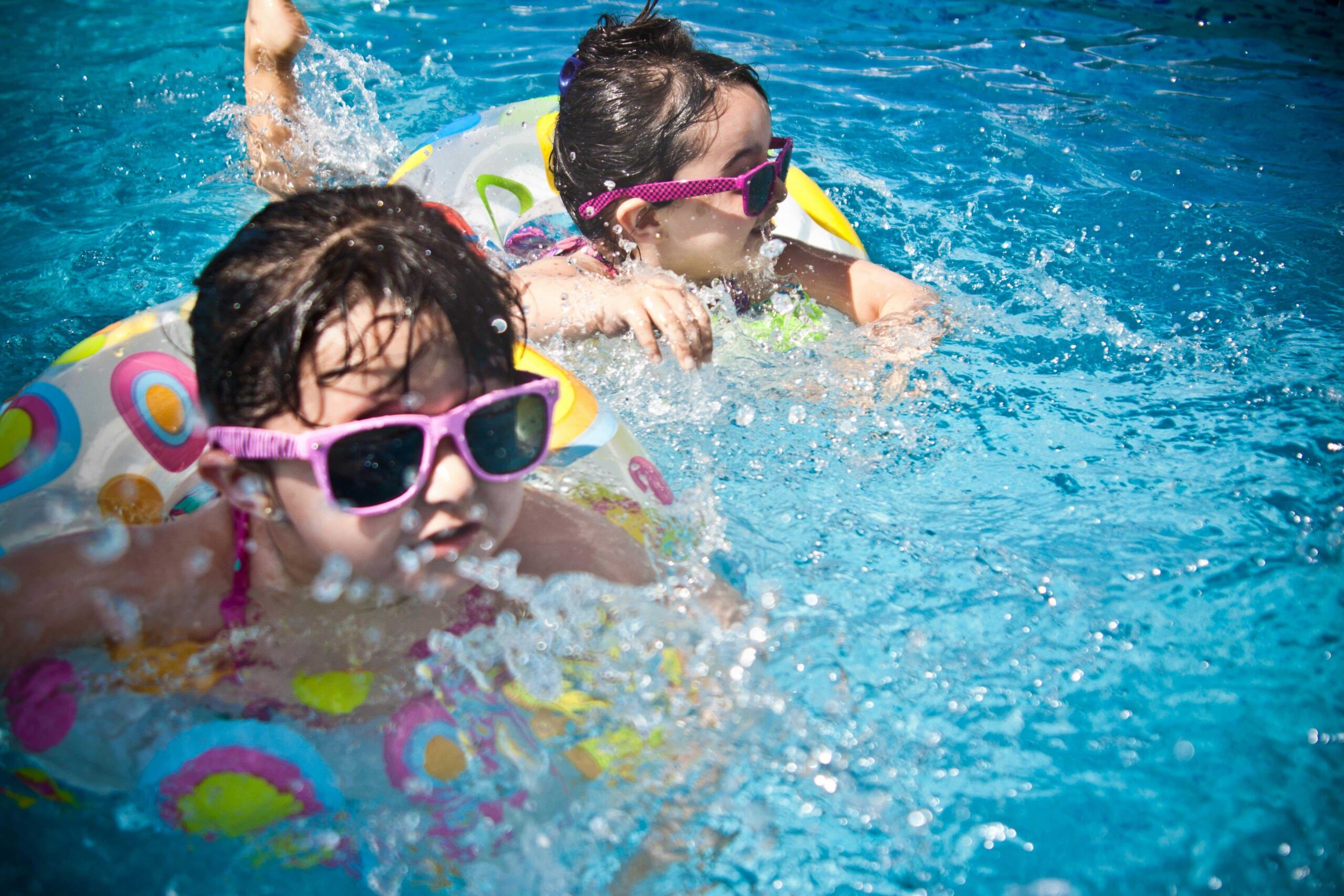Stress is an emotion we often associate with adults. To many adults, stress comes from work, relationships, and money – things children don’t have to worry about. How many times have you heard an adult exclaim, “I wish I could just be a kid again” as though youth is the cure for all things stressful.
Such exclamations often devalue the stress children do feel and cause adults to ignore it. Children experience the same emotions adults do. Instead of worrying about paying the bills, children worry about mastering new skills, being accepted by friends, and even when they’re going to be picked up from school.
Helping Children Cope
By recognizing that children experience stress, adults are better equipped to help them cope. Adults are important parts of teaching their children about finding a way to communicate when feeling stressed. They can also learn to anticipate a child’s stress and help by talking to them or even providing them with extra snuggles.
Children learn how to interact with the world from adults around them. Even before they understand language, they can gather impressions about emotions being expressed around them. They can tell if they are being treated with tenderness or with disinterest and whether their parents are relaxed or tense.
Children are People Too
Although children may not know the word for “humiliated,” “frustrated,” or “furious,” they are able to experience these emotions and need to be taught how to communicate about their emotions. Here is where open communication and role modeling will aid children in learning how to vent appropriately and manage their stress.
Value Children
Children learn by mimicking adult actions and emotions. Children place value on themselves in direct relation to how adults place value on them. While achievements should be recognized, they are not the only place to show value. A child should be taught that they are unconditionally loved and valued, rather than tying their value with their achievements.
Saying “I love you” to a child is profoundly different from “I love how well behaved you were today.”
Children Face Frustration
Learning a new skill can be frustrating. Imagine attempting to stand up for the first time. Children learning to stand try to pick themselves up sixty-five times and each time results in falling back down. The frustration can be very real and result in tears, anger, and tantrums that parents may not always understand.
Learning new skills requires patience from adults, especially as often children are not only learning this new skill, but they are learning about emotions such as patience. As soon as a child learns a new skill, they quickly become more content and easygoing. That is, until the next skill!
Anticipating frustration goes a long way. If a child has too many exciting activities planned in a day, they will become worn out and restless. Adding on additional challenges will lead to a frustrated child, rather than a well-behaved one.
Moral of the story: kids have stress too!



